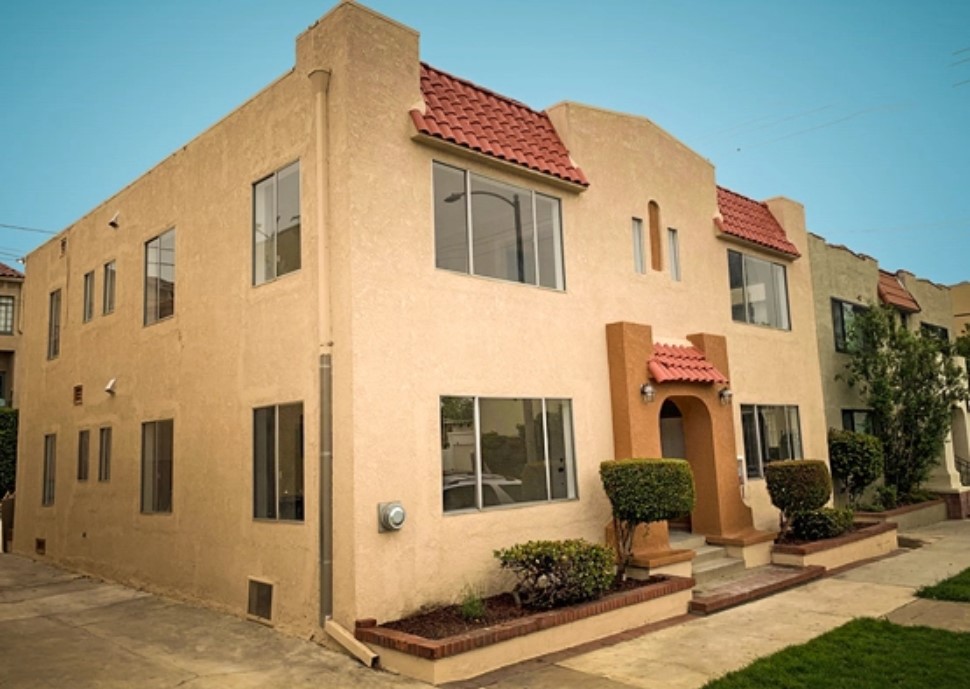Syndicated from Streetsblog sister site LongBeachIze
A small parcel on Redondo Avenue between First Street and Broadway has been converted to a five-unit affordable housing complex specifically for adults with developmental disabilities thanks to a partnership between nonprofit Home Ownership for Personal Empowerment, or HOPE, and the city of Long Beach.
HOPE’s mission is a specific one: Focusing on properties that can be converted to eight units or less, they then create stable housing for people with intellectual and developmental disabilities.
This mission has been preceded by a dark stain in U.S. housing policy: Long before a landmark Supreme Court ruling in 1999—that individuals with disabilities should be cared for in the least restrictive environment possible—adults with intellectual or developmental disabilities were often cast away from their family and thrown into harsh mental institutions. In 1967, over 200,000 adults with disabilities were in mental institutions.
While parents have become much more accepting of children with disabilities, provided they had both the time and money to funnel their children through needs-specific education and care, becoming an adult can prove a difficult transition, even for families with full support systems. Given this, there are still hundreds of thousands of adults with developmental disabilities that have either lost their families, been disconnected, or simply need to transition into adult living—and it is this group of people who desperately need a facility that can cater to their needs.
“Because people with developmental disabilities live in every neighborhood, HOPE’s housing strategy is one of acquisition and rehabilitation of existing single-family homes and small multifamily buildings,” said Ian Nevarez, community relations manager for HOPE. “This allows us to access communities that are more difficult to build in for affordable housing developers that utilize new construction and larger scale housing models.”
In this case, HOPE acquired the property at 116 Redondo Ave. through a private transaction but had hoped that the city of Long Beach could provide additional housing funds. Following a proposal through a competitive RFP process, the city rewarded HOPE with additional funds to complete the project as it was, according to the award, in alignment with the city’s affordable housing strategy.
While tenants have have not been formally selected, units will be reserved for those with developmental disabilities such as Down syndrome, cerebral palsy, epilepsy, autism, or other similar disabilities.
“HOPE and our service partners at Harbor Regional Center and Ambitions CA will work to address accessibility needs as the tenants and their needs are identified,” Nevarez said. “Currently, those two organizations are interviewing and vetting candidates with the process expected will be completed this summer.”
According to Nevarez, the project was funded with nearly $850,000 in CHDO/HOME funds through the Long Beach Community Investment Company; $1 million in financing through Clearinghouse CDFI; and more than $220,000 in foundation grants from Ahmanson, Bess J Hodges, Del Harbor, Wells Fargo, Bank of the West, Union Bank, and Opus Bank Foundations. Additionally, 10,0000 was contributed by Ambitions CA for furnishings. All ongoing services are funded and coordinated through the Harbor Regional Center.






